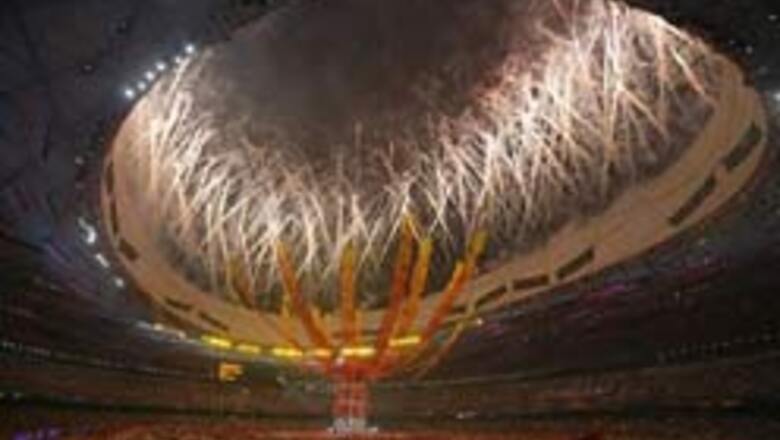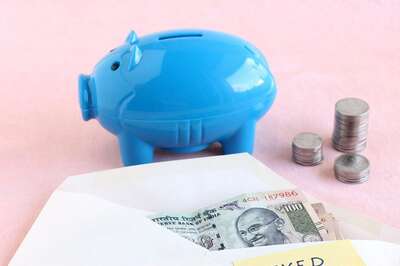
views
Beijing: For China's policy makers the race has only just begun to prevent the world's fourth largest economy from slowing too sharply after the end of the Olympics.
In recent days, the government has unveiled steps to help small firms and raised tariffs for power generators, encouraging them to boost output and so ease crippling electricity shortages.
That followed a relaxation of caps on bank lending and new tax breaks for textile exporters, which have been hard hit by rising costs and weakening demand.
"Post-Olympics China is slowing, not because the Olympics are over, but because of global forces," said Don Straszheim, vice-chairman of Roth Capital in Los Angeles.
"China's macro statistics are going to look terrible the rest of this year and into 2009. China wants to act, and supporting the growth rate is going to be overwhelmingly the top policy priority," Straszheim said in a note to clients. JPMorgan
Chase told clients that the government was studying a fiscal stimulus package worth 200-400 billion yuan ($29-59 billion).
A burst of public works spending would reduce China's reliance on exports -- a source of friction with its trading partners -- and address China's fundamental needs.
While Beijing's new stadiums have dazzled Olympic visitors, China's vast interior is crying out for modern housing and clean drinking water; its fast-growing cities need much better public transport and less-polluted air.
The nation's rail network is overburdened and its power grid is inadequate.
"Our view is that the administration has a number of levers they can pull in the attempt to keep growth around 10 percent in the second half and into next year," said Huw McKay, senior economist at Westpac in Sydney.
GDP growth fell to 10.1 percent in the second quarter from 11.9 percent in all of 2007.
In its most recent monetary policy report, the central bank said it expected the economy to retain its momentum over the rest of 2008, suggesting a sixth straight year of double-digit growth.
No Olympic Hangover
Certainly, the end of Beijing's Olympic construction boom will not induce the sort of post-Games growth hangover that has afflicted many host countries in the past.
The $40 billion spent on the Games, though five times the cost of the Sydney Olympics is a drop in the ocean for China.
Spread over six years, the bill works out at just 0.5 percent of China's annual investment in fixed assets -- not enough to move the needle.
"In terms of economic growth, it doesn't have any impact," said Arthur Kroeber with Dragonomics, a Beijing consultancy.
Deciphering the data will be tough in coming months because production has been disrupted by the closure of hundreds of factories around Beijing to clean up the capital's air.
This probably weighed on industrial output in July but boosted exports as some firms brought forward shipments that might otherwise have got snarled in transport restrictions.
Similarly, record retail sales in July suggested a rush to buy new televisions in time for the Games.
These temporary impulses are likely to be reversed, muddying the statistical waters.
But the underlying trend is clear: China is not immune to slower global growth.
"We're going down from stupidly fast last year to really fast this year and just plain ordinary fast next year, which would be in the 8-9 percent range," said Kroeber.
"It's a big down shift, and that may create some problems, but they'll still be growing faster than any other major economy in the world," he said.
So the outcome is China progresses forth with no record pace, but enough for another gold medal.



















Comments
0 comment